All Categories
View All >-
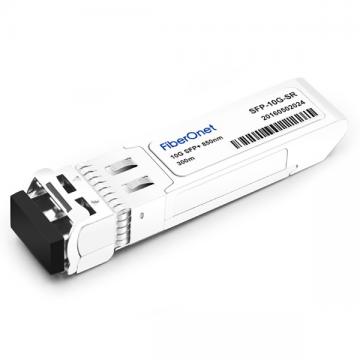 Cisco SFP-10G-SR 10GBASE-SR SFP+ Module for MMFSee More>
Cisco SFP-10G-SR 10GBASE-SR SFP+ Module for MMFSee More> -
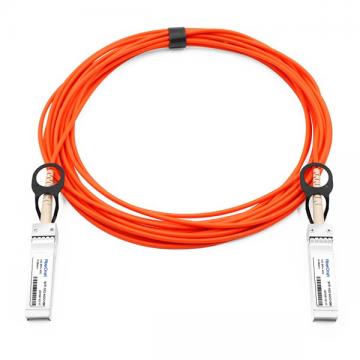 Cisco SFP-10G-AOC10M 10GBASE-AOC Active Optical Cable SFP+ assembly, 10 metersSee More>
Cisco SFP-10G-AOC10M 10GBASE-AOC Active Optical Cable SFP+ assembly, 10 metersSee More> -
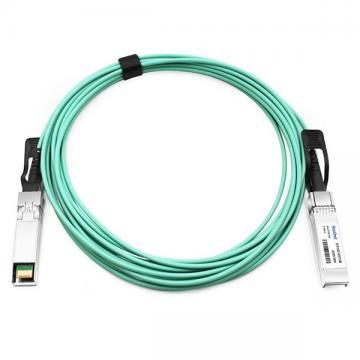 Cisco SFP-25G-AOC10M 25GBASE-AOC SFP28 Active Optical Cable, 10-meterSee More>
Cisco SFP-25G-AOC10M 25GBASE-AOC SFP28 Active Optical Cable, 10-meterSee More> -
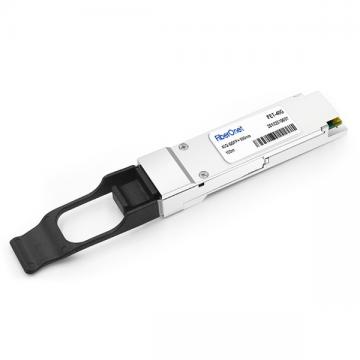 Cisco FET-40G Fabric Extender TransceiverSee More>
Cisco FET-40G Fabric Extender TransceiverSee More> -
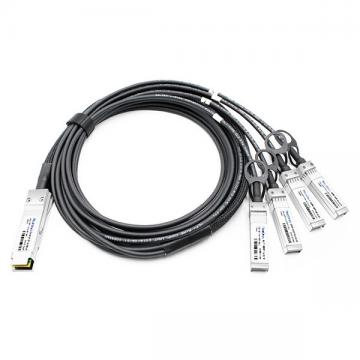 Cisco 40GBASE-CR4 QSFP to 4 10GBASE-CU SFP+ direct-attach breakout cable, 1-meter, passiveSee More>
Cisco 40GBASE-CR4 QSFP to 4 10GBASE-CU SFP+ direct-attach breakout cable, 1-meter, passiveSee More>
Featured Products
Our Manufacturer with main products: Cisco 10G SFP+ Module, Cisco 10G SFP+ Cables, Cisco 25G Transceivers and Cables
-
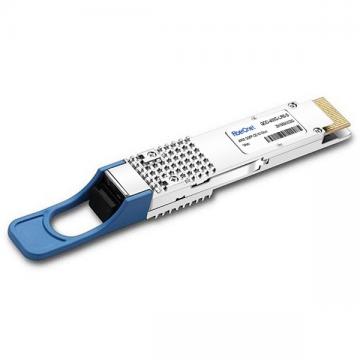 Cisco QDD-400G-LR8-S 400G QSFP-DD Transceiver, 400GBASE-LR8, 10km Duplex SMF, 10km
Cisco QDD-400G-LR8-S 400G QSFP-DD Transceiver, 400GBASE-LR8, 10km Duplex SMF, 10km
-
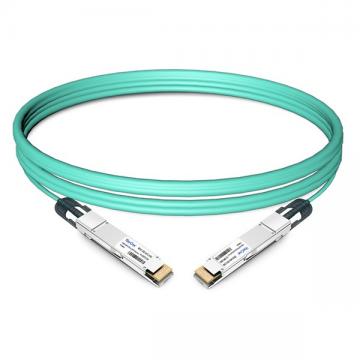 Cisco QDD-400-AOC10M 400G QSFP-DD Transceiver, Active Optical Cable, 10 meters
Cisco QDD-400-AOC10M 400G QSFP-DD Transceiver, Active Optical Cable, 10 meters
-
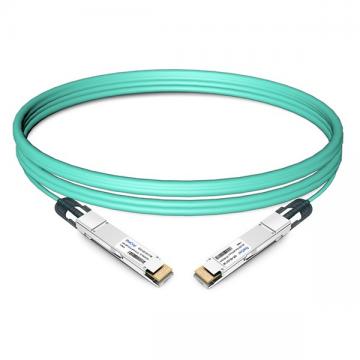 Cisco QDD-400-AOC15M 400G QSFP-DD Transceiver, Active Optical Cable, 15 meters
Cisco QDD-400-AOC15M 400G QSFP-DD Transceiver, Active Optical Cable, 15 meters
-
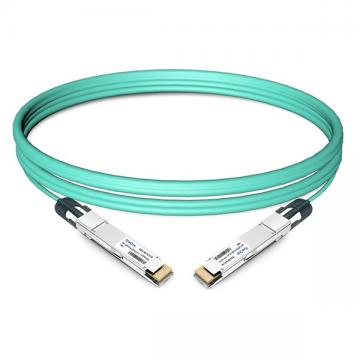 Cisco QDD-400-AOC1M 400G QSFP-DD Transceiver, Active Optical Cable, 1 meter
Cisco QDD-400-AOC1M 400G QSFP-DD Transceiver, Active Optical Cable, 1 meter
-
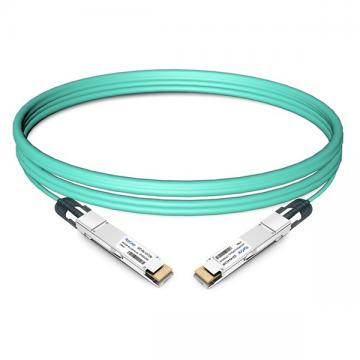 Cisco QDD-400-AOC20M 400G QSFP-DD Transceiver, Active Optical Cable, 20 meters
Cisco QDD-400-AOC20M 400G QSFP-DD Transceiver, Active Optical Cable, 20 meters
-
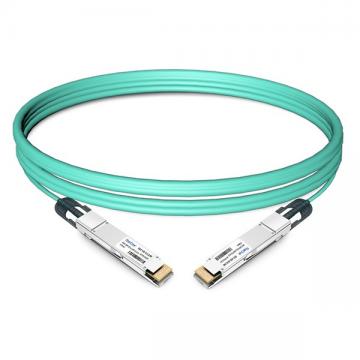 Cisco QDD-400-AOC25M 400G QSFP-DD Transceiver, Active Optical Cable, 25 meters
Cisco QDD-400-AOC25M 400G QSFP-DD Transceiver, Active Optical Cable, 25 meters
-
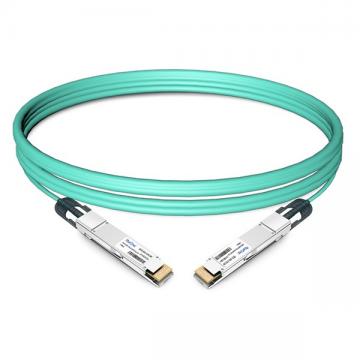 Cisco QDD-400-AOC2M 400G QSFP-DD Transceiver, Active Optical Cable, 2 meters
Cisco QDD-400-AOC2M 400G QSFP-DD Transceiver, Active Optical Cable, 2 meters
-
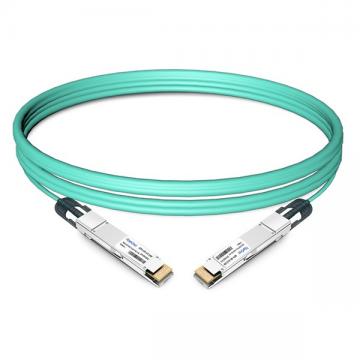 Cisco QDD-400-AOC30M 400G QSFP-DD Transceiver, Active Optical Cable, 30 meters
Cisco QDD-400-AOC30M 400G QSFP-DD Transceiver, Active Optical Cable, 30 meters
-
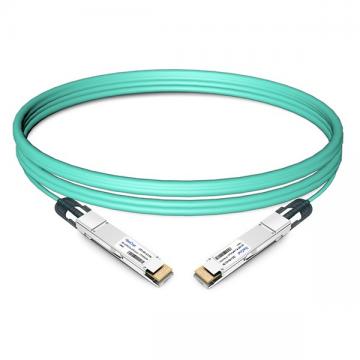 Cisco QDD-400-AOC3M 400G QSFP-DD Transceiver, Active Optical Cable, 3 meters
Cisco QDD-400-AOC3M 400G QSFP-DD Transceiver, Active Optical Cable, 3 meters
-
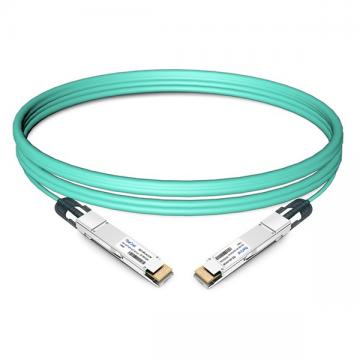 Cisco QDD-400-AOC5M 400G QSFP-DD Transceiver, Active Optical Cable, 5 meters
Cisco QDD-400-AOC5M 400G QSFP-DD Transceiver, Active Optical Cable, 5 meters
-
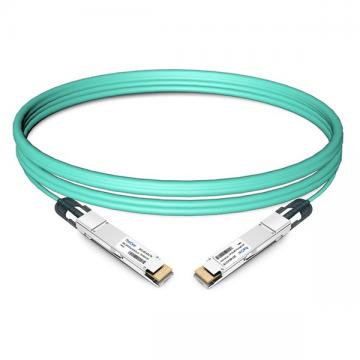 Cisco QDD-400-AOC7M 400G QSFP-DD Transceiver, Active Optical Cable, 7 meters
Cisco QDD-400-AOC7M 400G QSFP-DD Transceiver, Active Optical Cable, 7 meters
-
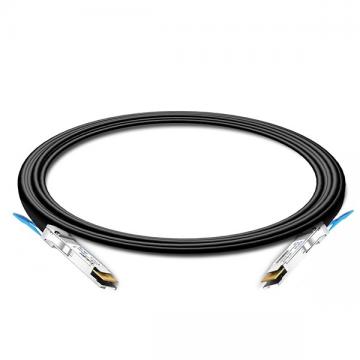 Cisco QDD-400-CU1M 400G QSFP-DD Transceiver, Passive Copper Cable, 1 meter
Cisco QDD-400-CU1M 400G QSFP-DD Transceiver, Passive Copper Cable, 1 meter
-
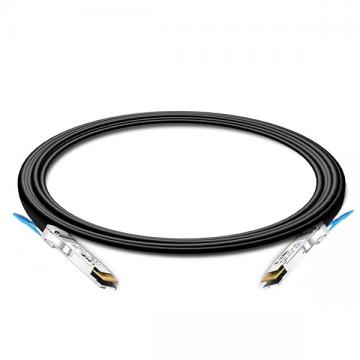 Cisco QDD-400-CU2.5M 400G QSFP-DD Transceiver, Passive Copper Cable, 2.5 meters
Cisco QDD-400-CU2.5M 400G QSFP-DD Transceiver, Passive Copper Cable, 2.5 meters
-
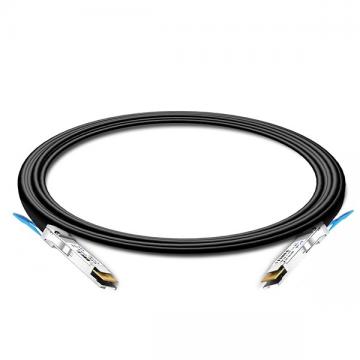 Cisco QDD-400-CU2M 400G QSFP-DD Transceiver, Passive Copper Cable, 2 meters
Cisco QDD-400-CU2M 400G QSFP-DD Transceiver, Passive Copper Cable, 2 meters
-
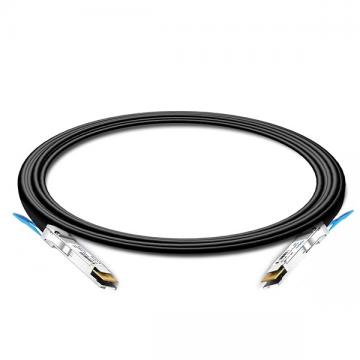 Cisco QDD-400-CU3M 400G QSFP-DD Transceiver, Passive Copper Cable, 3 meters
Cisco QDD-400-CU3M 400G QSFP-DD Transceiver, Passive Copper Cable, 3 meters
-
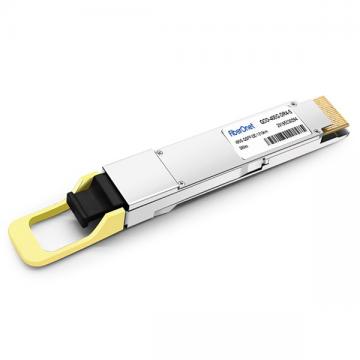 Cisco QDD-400G-DR4-S 400G QSFP-DD Transceiver, 400GBASE-DR4, MPO-12, 500m parallel SMF
Cisco QDD-400G-DR4-S 400G QSFP-DD Transceiver, 400GBASE-DR4, MPO-12, 500m parallel SMF
-
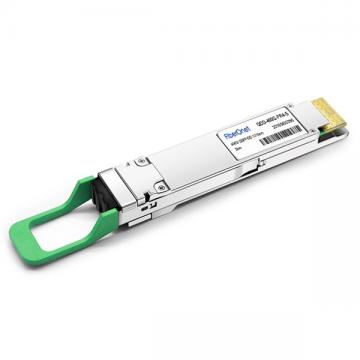 Cisco QDD-400G-FR4-S 400G QSFP-DD Transceiver, 400G-FR4, Duplex LC, 2km Duplex SMF
Cisco QDD-400G-FR4-S 400G QSFP-DD Transceiver, 400G-FR4, Duplex LC, 2km Duplex SMF
-
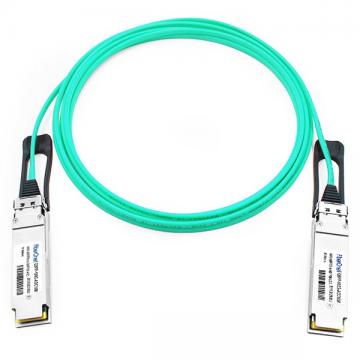 Cisco QSFP-100G-AOC10M 100GBase QSFP Active Optical Cable, 10-meter
Cisco QSFP-100G-AOC10M 100GBase QSFP Active Optical Cable, 10-meter
-
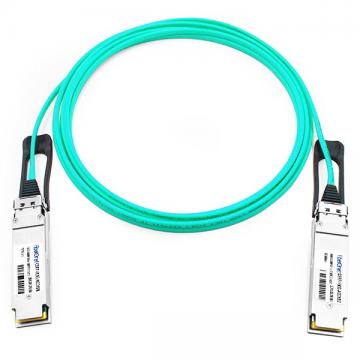 Cisco QSFP-100G-AOC15M 100GBase QSFP Active Optical Cable, 15-meter
Cisco QSFP-100G-AOC15M 100GBase QSFP Active Optical Cable, 15-meter
-
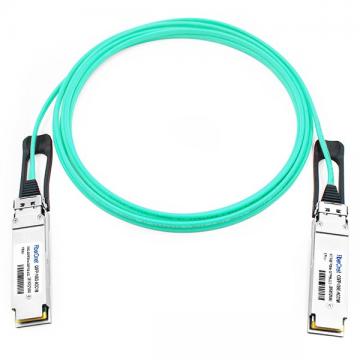 Cisco QSFP-100G-AOC1M 100GBase QSFP Active Optical Cable, 1-meter
Cisco QSFP-100G-AOC1M 100GBase QSFP Active Optical Cable, 1-meter
-
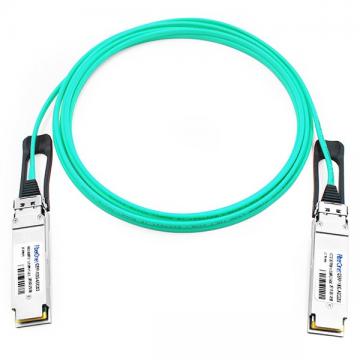 Cisco QSFP-100G-AOC20M 100GBase QSFP Active Optical Cable, 20-meter
Cisco QSFP-100G-AOC20M 100GBase QSFP Active Optical Cable, 20-meter
-
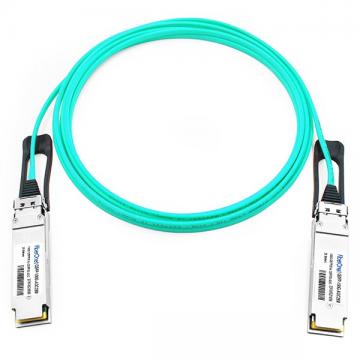 Cisco QSFP-100G-AOC25M 100GBase QSFP Active Optical Cable, 25-meter
Cisco QSFP-100G-AOC25M 100GBase QSFP Active Optical Cable, 25-meter
-
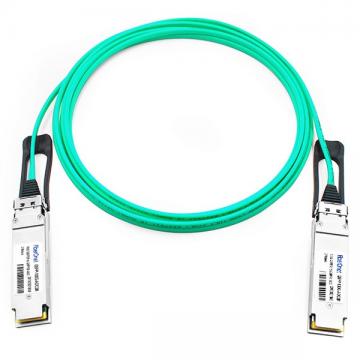 Cisco QSFP-100G-AOC2M 100GBase QSFP Active Optical Cable, 2-meter
Cisco QSFP-100G-AOC2M 100GBase QSFP Active Optical Cable, 2-meter
-
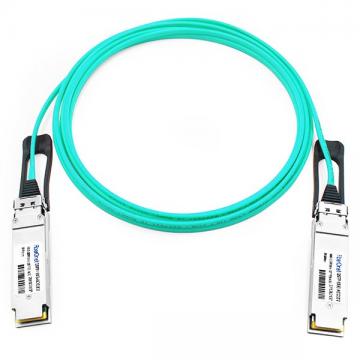 Cisco QSFP-100G-AOC30M 100GBase QSFP Active Optical Cable, 30-meter
Cisco QSFP-100G-AOC30M 100GBase QSFP Active Optical Cable, 30-meter
-
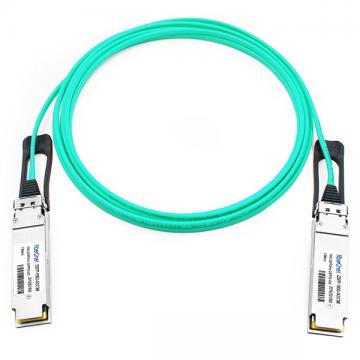 Cisco QSFP-100G-AOC3M 100GBase QSFP Active Optical Cable, 3-meter
Cisco QSFP-100G-AOC3M 100GBase QSFP Active Optical Cable, 3-meter
-
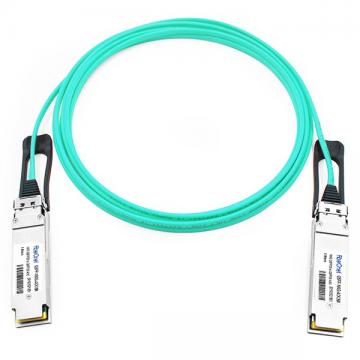 Cisco QSFP-100G-AOC5M 100GBase QSFP Active Optical Cable, 5-meter
Cisco QSFP-100G-AOC5M 100GBase QSFP Active Optical Cable, 5-meter
-
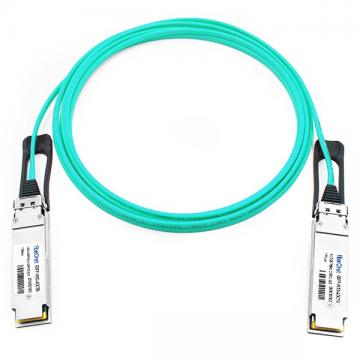 Cisco QSFP-100G-AOC7M 100GBase QSFP Active Optical Cable, 7-meter
Cisco QSFP-100G-AOC7M 100GBase QSFP Active Optical Cable, 7-meter
-
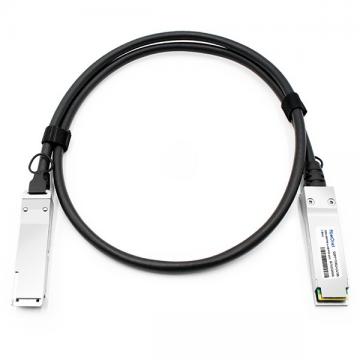 Cisco QSFP-100G-CU1M 100GBASE-CR4 QSFP Passive Copper Cable, 1-meter
Cisco QSFP-100G-CU1M 100GBASE-CR4 QSFP Passive Copper Cable, 1-meter
-
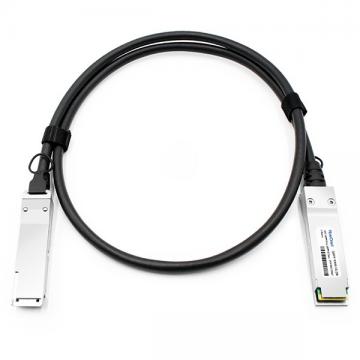 Cisco QSFP-100G-CU2M 100GBASE-CR4 QSFP Passive Copper Cable, 2-meter
Cisco QSFP-100G-CU2M 100GBASE-CR4 QSFP Passive Copper Cable, 2-meter
-
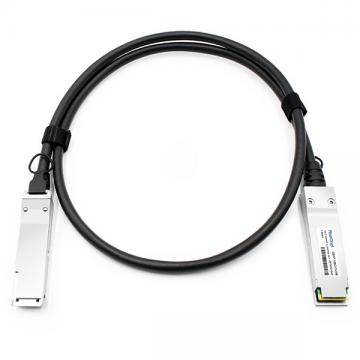 Cisco QSFP-100G-CU3M 100GBASE-CR4 QSFP Passive Copper Cable, 3-meter
Cisco QSFP-100G-CU3M 100GBASE-CR4 QSFP Passive Copper Cable, 3-meter
-
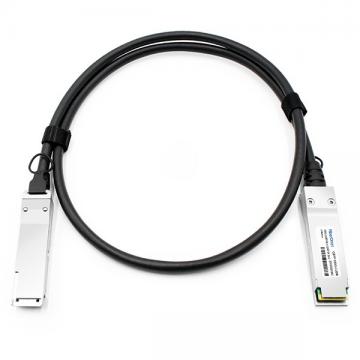 Cisco QSFP-100G-CU5M 100GBASE-CR4 QSFP Passive Copper Cable, 5-meter
Cisco QSFP-100G-CU5M 100GBASE-CR4 QSFP Passive Copper Cable, 5-meter
-
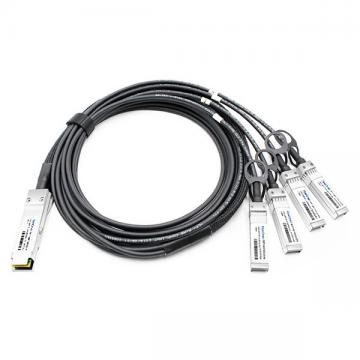 Cisco QSFP-4SFP25G-CU1M 100GBase QSFP to 4xSFP25G Passive Copper Splitter Cable, 1-meter
Cisco QSFP-4SFP25G-CU1M 100GBase QSFP to 4xSFP25G Passive Copper Splitter Cable, 1-meter
-
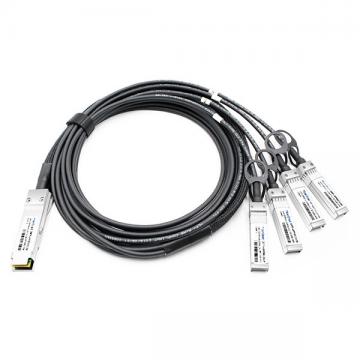 Cisco QSFP-4SFP25G-CU2M 100GBase QSFP to 4xSFP25G Passive Copper Splitter Cable, 2-meter
Cisco QSFP-4SFP25G-CU2M 100GBase QSFP to 4xSFP25G Passive Copper Splitter Cable, 2-meter
-
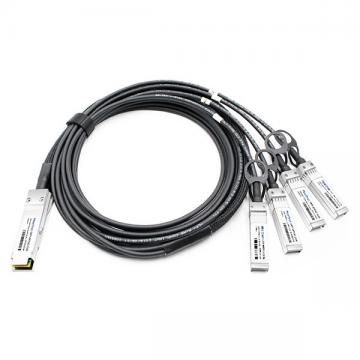 Cisco QSFP-4SFP25G-CU3M 100GBase QSFP to 4xSFP25G Passive Copper Splitter Cable, 3-meter
Cisco QSFP-4SFP25G-CU3M 100GBase QSFP to 4xSFP25G Passive Copper Splitter Cable, 3-meter
-
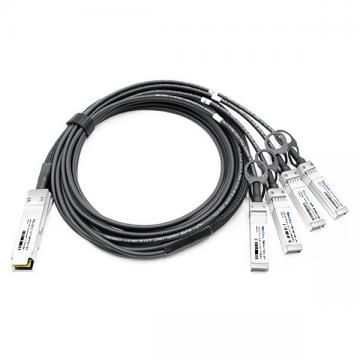 Cisco QSFP-4SFP25G-CU5M 100GBase QSFP to 4xSFP25G Passive Copper Splitter Cable, 5-meter
Cisco QSFP-4SFP25G-CU5M 100GBase QSFP to 4xSFP25G Passive Copper Splitter Cable, 5-meter
-
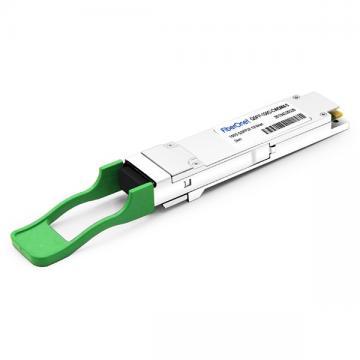 Cisco QSFP-100G-CWDM4-S 100GBASE CWDM4 QSFP Transceiver, LC, 2km over SMF
Cisco QSFP-100G-CWDM4-S 100GBASE CWDM4 QSFP Transceiver, LC, 2km over SMF
-
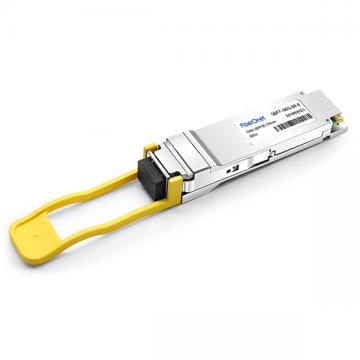 Cisco QSFP-100G-DR-S 100GBASE-DR1 QSFP Transceiver, 500m over SMF
Cisco QSFP-100G-DR-S 100GBASE-DR1 QSFP Transceiver, 500m over SMF
-
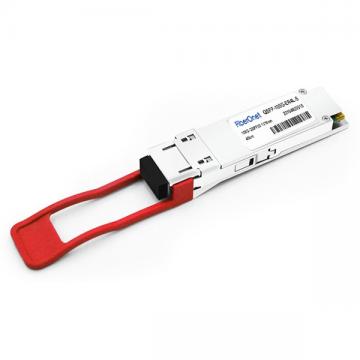 Cisco QSFP-100G-ER4L-S 100GBASE QSFP Transceiver, 40KM reach over SMF, Duplex LC
Cisco QSFP-100G-ER4L-S 100GBASE QSFP Transceiver, 40KM reach over SMF, Duplex LC
-
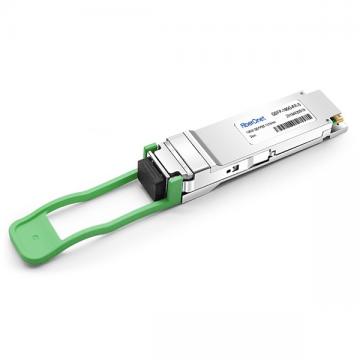 Cisco QSFP-100G-FR-S 100GBASE FR QSFP Transceiver, 2km over SMF
Cisco QSFP-100G-FR-S 100GBASE FR QSFP Transceiver, 2km over SMF
-
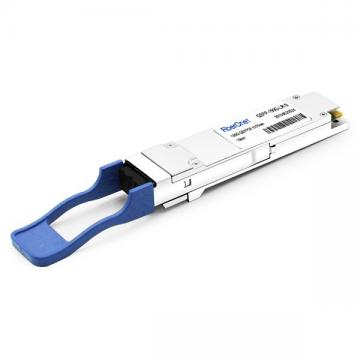 Cisco QSFP-100G-LR-S 100G-LR QSFP Transceiver, 10km over SMF
Cisco QSFP-100G-LR-S 100G-LR QSFP Transceiver, 10km over SMF
SFP 10G SR optical transceiver: the ultimate FAQ guide
What is 10G SFP+ optical module?
10G optical modules have gone through the development from 300Pin, XENPAK, X2, XFP, and finally achieved the same size as SFP form factor to transmit 10G signals, which is SFP+. The 10G SFP+ optical module is a new generation of 10G optical module, which can meet the fibre channel 8.5G and Ethernet 10G applications according to ANSI T11 protocol. The 10G SFP+ optical module is about 30% smaller than the earlier XFP optical module and looks the same as the common 1G SFP module. The 10G SFP+ optical transceiver only retains the basic electrical, optical and optoelectronic conversion functions and reduces the signal control functions such as SerDes, CDR, EDC and MAC in the original XFP design, thus simplifying the design of the 10G module and resulting in lower power consumption. The SFP+ transceiver has significant advantages such as high density, low power consumption, and lower system construction cost, and is widely used in the field of 10 Gigabit Ethernet fiber optic data communication, and is the mainstream product of 10 Gigabit module.
What is SFP 10G SR optical module?
SFP 10G SR optical transceiver is compatible with SFP Multi-Source Agreement and SFF-8472 digital diagnostics functions. It is an optical transceiver in a hot-pluggable SFP+ form factor, and the "SR" stands for Short Range, which means it can be used with multimode fiber(MMF) for data transmission distance up to 300m. The SFP 10G SR transceiver consists of three sections: a VCSEL laser transmitter, a PIN photodiode integrated with a trans-impedance preamplifier (TIA) and MCU control unit.
SFP 10G SR vs. SFP 10G LR: what’s the difference?
The 10Gbase-SR and 10Gbase-LR are two different 10 Gigabit Ethernet specifications. The "SR" in SFP 10G SR stands for short range. The specification supports short wavelength (850nm) on multimode fiber (MMF) with coding mode of 64B/66B, and the effective transmission distance is 2 ~ 300m. To support 300m transmission, it needs to adopt optimized 50μm wire diameter OM3 fiber (optimized multimode 3). Because it uses low-cost solid-state laser components and the working wavelength is only 850nm, it is also the cheapest among all the 10G modules. However, SFP 10G SR transceiver is very sensitive to fiber type and is limited by short distance.
The "LR" in 10Gbase-LR refers to "long range". The specification supports long wavelength (1310nm) on single-mode optical fiber (SMF) with coding mode of 64B/66B. The effective transmission distance is 2m to 10km. The SFP 10G LR optical module meets this specification and has the characteristics of miniaturization, low power consumption and long transmission distance.
To sum up, the difference between SFP 10G LR transceiver and SFP 10G SR transceiver mainly lies in the different transmission distance: the SFP 10G SR multimode optical module is used for transmission distance within 300m, while the SFP 10G LR single-mode optical module is used for transmission distance of 300m to 10km.
SFP 10G SR vs. SFP 10G LRM
Both SFP 10G SR module and SFP 10G LRM module support multimode transmission. When SFP 10G SR transceiver is matched with OM3 optical fiber jumper, the maximum transmission distance is 300m; when used with OM4 optical fiber jumper, its transmission distance can reach 400m. While the maximum transmission distance is 200m when the SFP 10G LRM optical module is used with OM3 and OM4 optical fiber jumpers. So how to choose between the two? Generally, when the transmission distance is less than 300m, it is recommended to select SFP 10G SR optical transceiver. However, if there are other special requirements for transmission, such as modal bandwidth of 500 MHz-km, then it is recommended to choose SFP-10G-LRM optical module. At present, many users still use OM1 and OM2 optical fiber jumpers. When SFP 10G SR optical module is used with OM1/OM2 optical fiber jumpers, it can only transmit 33m, and when SFP 10G LRM optical module is used with OM1/OM2 optical fiber jumpers, it can transmit 220m. Therefore, the application scope of SFP 10G LRM transceiver is larger than that of SFP 10G SR transceiver.
It should be noted that in order to ensure that the SFP 10G LRM optical module passes FDDI (Fiber Distributed Data Interface) level, it should be coupled via multimode conversion fiber patch cables when using OM1 and OM2 fibers, while mode conditioning patch cables are not required when using OM3 and OM4 fiber patch cables. It is recommended to measure the optical power before inserting the fiber into the optical module, when the received optical power is greater than 0.5dBm, a 5dB fiber attenuator should be inserted at the transmitting end of the optical module on both sides of the link.
10G SFP+ DAC vs. 10G SFP+ transceiver vs. 10GBase-T module
10GBASE-T RJ45 modules are usually wired using Cat6a or Cat7 network cables with a maximum transmission distance of 100m at Gigabit rates and up to 30-80m at 10G rates. In data centers, where hundreds of cables are required, using cheap network cables can save a lot of costs. In addition, 10GBASE-T modules can maximize the use of existing copper structure wiring, which also saves a lot of expenses.
The 10G SFP+ transceiver meets the standard of Multi-Sourcing Agreement (MSA), and provides the cost effective solution for 10G optical data communication. It supports both duplex and simplex LC optics interfaces. The 10G SFP+ transceiver consists of 10Gbit/s DFB/EML optical transmitter and PIN receiver, which allow 300m~120km 10G Ethernet and 10G fiber channel applications. However, the maintenance cost of its fiber optic cabling is relatively high.
The SFP+ DAC (Direct Attach Cable) is the least expensive of the three products, with the only drawback that the transmission distance is very limited—up to 10 meters, and is more suitable for cabling connections within and between racks. If transmission distance is not a factor that must be considered, SFP+ DAC has lower power consumption and lower latency, making it a more ideal cabling solution for data centers.
Is 10G SFP+ backwards compatible with 1G SFP?
SFP and SFP+ modules look exactly the same. And as they have the same size, your SFP transceiver will fit seamlessly into an SFP+ switch port and vice versa. However, the connection won’t work as you expect it to. If you plug an SFP device into an SFP+ port, the speed will be locked at 1 Gbps. Plugging an SFP+ module into an SFP port delivers no results at all, as the 10G transceiver can never auto-negotiate to 1Gbps.
- Cisco 10G SFP+ Module
- Cisco SFP-10G-SR 10GBASE-SR SFP+ Module for MMF
- Cisco SFP-10G-LR-X multirate 10GBASE-LR, 10GBASE-LW and OTU2e SFP+ Module for SMF, extended temperature range
- Cisco SFP-10G-SR-S 10GBASE-SR SFP+ Module for MMF S-Class
- Cisco 10G SFP+ Cables
- Cisco SFP-10G-AOC10M 10GBASE-AOC Active Optical Cable SFP+ assembly, 10 meters
- Cisco SFP-10G-AOC1M 10GBASE-AOC Active Optical Cable SFP+ assembly, 1 meter
- Cisco SFP-10G-AOC2M 10GBASE-AOC Active Optical Cable SFP+ assembly, 2 meters
- Cisco 25G Transceivers and Cables
- Cisco SFP-25G-AOC10M 25GBASE-AOC SFP28 Active Optical Cable, 10-meter
- Cisco SFP-25G-AOC1M 25GBASE-AOC SFP28 Active Optical Cable, 1-meter
- Cisco SFP-25G-AOC2M 25GBASE-AOC SFP28 Active Optical Cable, 2-meter
- About Us
- Company Profile
- Contact Info
- Site Map
- Sitemaps


